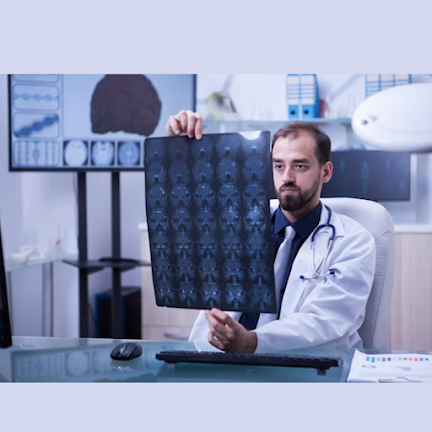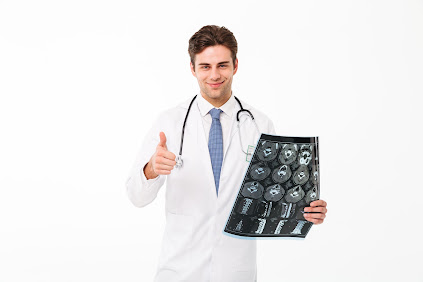MRI vs. CT Scan: Understanding the Differences and Choosing the Right Diagnostic Tool
Introduction:
Medical imaging plays a crucial role in diagnosing and treating various medical conditions. Among the most commonly used imaging techniques are Magnetic Resonance Imaging (MRI) and Computed Tomography (CT) scans. Both provide valuable insights into the internal structures of the body, but they have distinct differences in terms of technology, applications, and benefits. Understanding these differences is essential for healthcare professionals and patients alike when it comes to choosing the most appropriate diagnostic tool. In this blog, we will delve into the dissimilarities between MRI and CT scans to help you make informed decisions regarding your healthcare.
1. Technology and Principles:
MRI: Magnetic Resonance Imaging utilizes powerful magnets and radio waves to generate detailed images of the body's internal structures. It relies on the behavior of hydrogen atoms in the body when subjected to a magnetic field and radiofrequency pulses.
CT Scan: Computed Tomography, on the other hand, employs X-rays and a computerized system to produce cross-sectional images of the body. It rotates an X-ray tube around the patient, capturing multiple X-ray images from different angles.
2. Image Quality and Detail:
MRI: MRI scans excel in producing highly detailed and high-resolution images. They offer exceptional soft tissue contrast, making them ideal for visualizing organs, muscles, nerves, and other soft structures. MRI is particularly valuable for imaging the brain, spinal cord, joints, and abdominal organs.
CT Scan: CT scans provide detailed images of bones, lungs, and blood vessels. They are particularly useful for detecting fractures, tumors, and internal bleeding. CT scans offer excellent spatial resolution, making them efficient for identifying anatomical structures.
3. Radiation Exposure:
MRI: One of the significant advantages of MRI is that it does not involve the use of ionizing radiation. This makes it a safer option, especially for pediatric patients, pregnant women, and individuals who may require repeated imaging studies over time.
CT Scan: CT scans, on the other hand, involve exposure to ionizing radiation, which carries a potential risk, particularly with repeated or excessive scans. However, the benefits of CT scans often outweigh the radiation risks in specific diagnostic scenarios.
4. Scan Duration:
MRI: MRI scans typically take longer to perform compared to CT scans. The duration can range from 15 minutes to over an hour, depending on the area being imaged and the specific protocols used.
CT Scan: CT scans are relatively quick, with the imaging process usually lasting just a few minutes. This makes them more suitable for patients who may have difficulty remaining still for an extended period.
5. Contrast Agents:
MRI: Contrast agents, such as gadolinium-based contrast agents, can be used during MRI scans to enhance the visibility of certain tissues and blood vessels. They help differentiate between normal and abnormal structures.
CT Scan: In CT scans, iodine-based contrast agents are commonly administered to highlight blood vessels, tumors, and other abnormalities. These contrast agents provide valuable information for diagnosing specific conditions.
Conclusion:
Both MRI and CT scans are valuable diagnostic tools, each with its unique capabilities and applications. MRI excels in providing detailed images of soft tissues, while CT scans are highly effective in visualizing bones and identifying acute conditions. Factors such as radiation exposure, scan duration, and patient-specific needs should be considered when choosing the appropriate imaging modality. Consulting with a medical professional is essential to determine the most suitable option for accurate diagnosis and effective treatment. By understanding the differences between MRI and CT scans, patients can actively participate in their healthcare decisions and ensure optimal outcomes.
.png)






Comments
Post a Comment